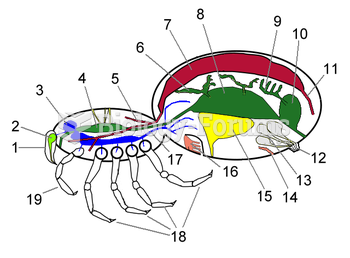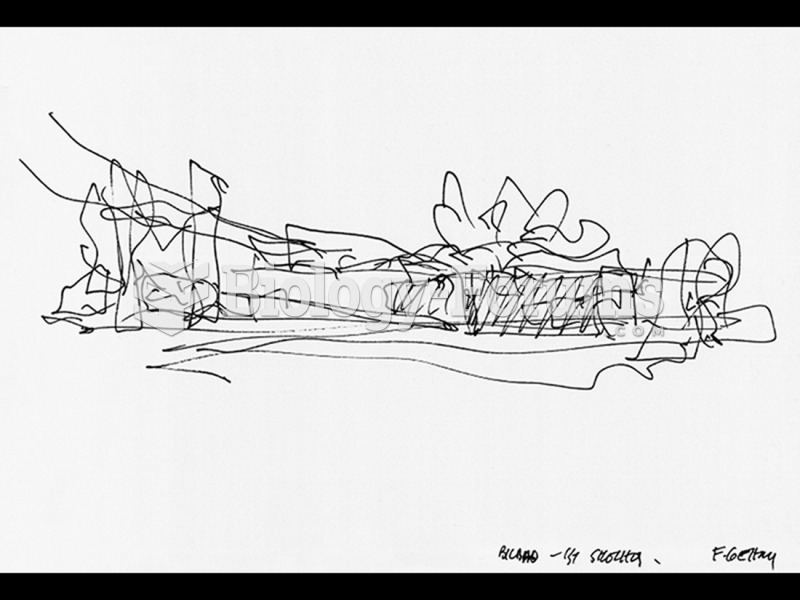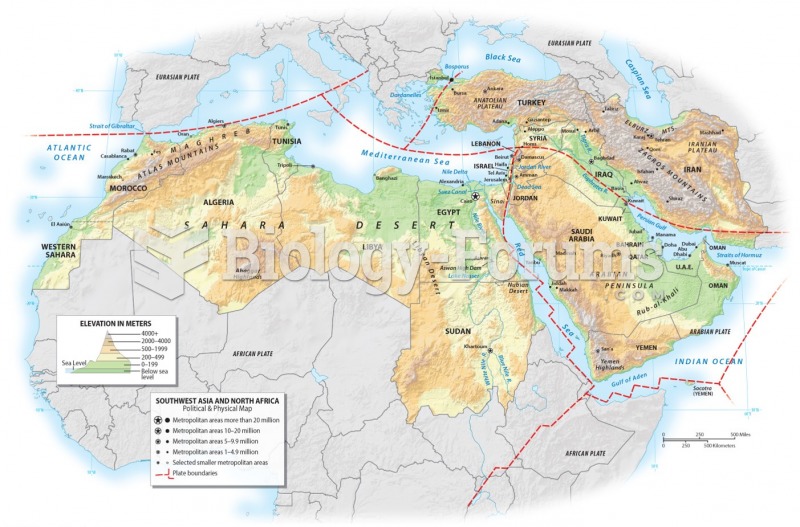Question 1
Under the Indian New Deal,
A) American Indians gained legal rights as tribal members, obtained sovereignty on reservations, and generally were given a new start.
B) American Indians gained legal rights as tribal members and received lifelong reparations payments for lands taken away under the Dawes Act.
C) American Indians obtained sovereignty on reservations and received one-time reparations payments for lands taken away under the Dawes Act.
D) American Indians received little more than empty promises and pointless celebrations used as window dressing to obscure the wrongs done to them for centuries.
Question 2
Which federal New Deal agency had the slogan, We Do Our Part?
A) the Civilian Conservation Corps
B) the Public Works Administration
C) the National Recovery Administration
D) the Social Security Administration
Question 3
During the first 100 days of President Roosevelt's administration the
A) federal government's role in society changed by becoming more involved.
B) federal government's role in society changed by becoming less involved.
C) federal government's role in society did not substantially change.
D) federal government began to regulate personal choices more while doing less to regulate things related to the economy.
Question 4
Hoover's response to the onset of the Depression would best be described as:
A) rapid and aggressive action to revive the economy.
B) hesitating to act, then doing too little too late.
C) a radical restructuring of the federal government's role in the economy.
D) being mainly concerned with the plight of individuals.
Question 5
The Popular Front movement after 1935 showed intellectuals and activists growing in support for:
A) fascism.
B) communism.
C) conservative Republicanism.
D) repealing major New Deal programs.
Question 6
While the main focus of the New Deal in the North and Midwest was on industrial recovery, New Deal programs in the South and the West:
A) concentrated on direct relief payments to individuals.
B) were few and far between by comparison.
C) had little long term impact.
D) focused on agriculture, water, and energy projects.







